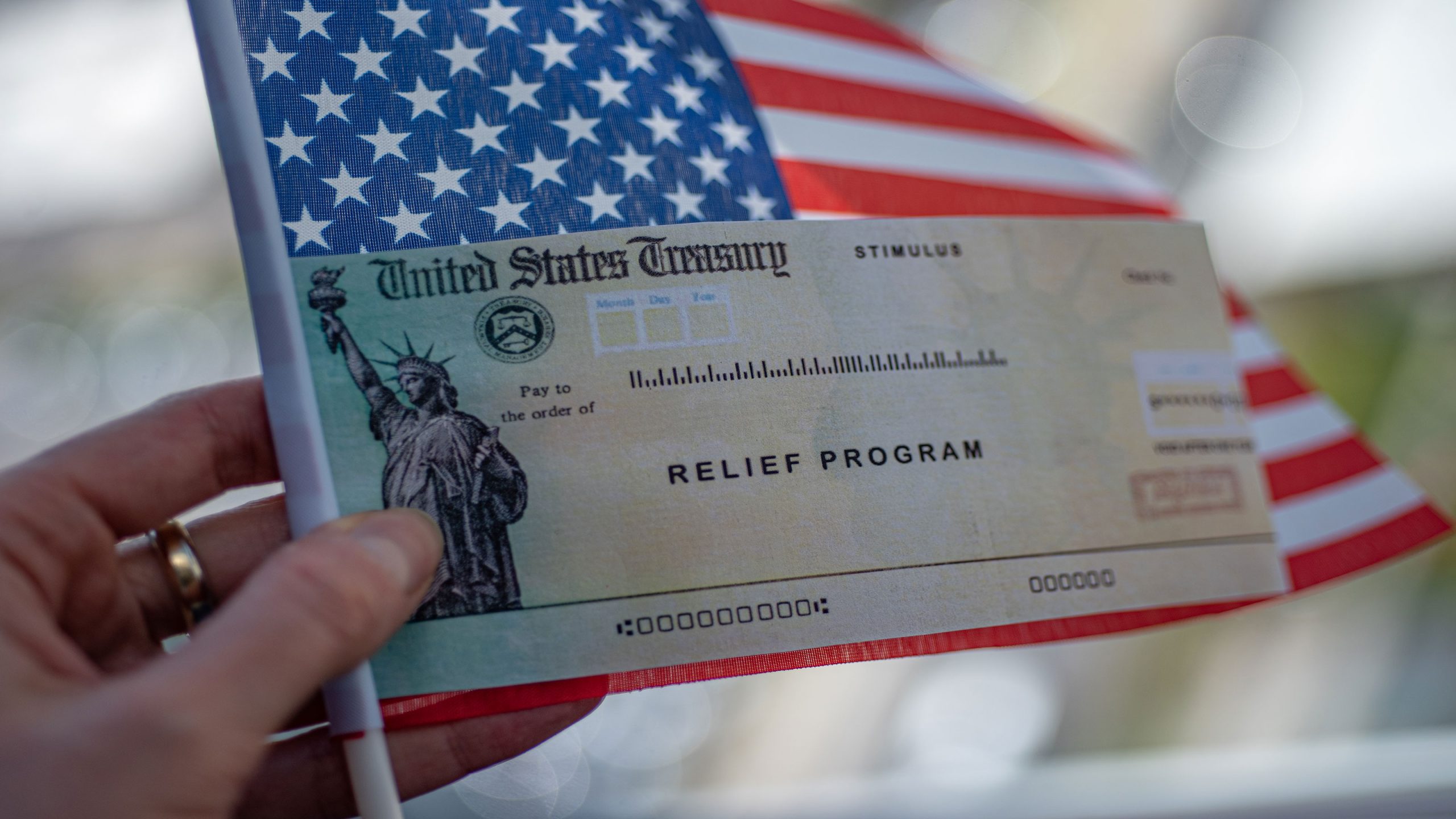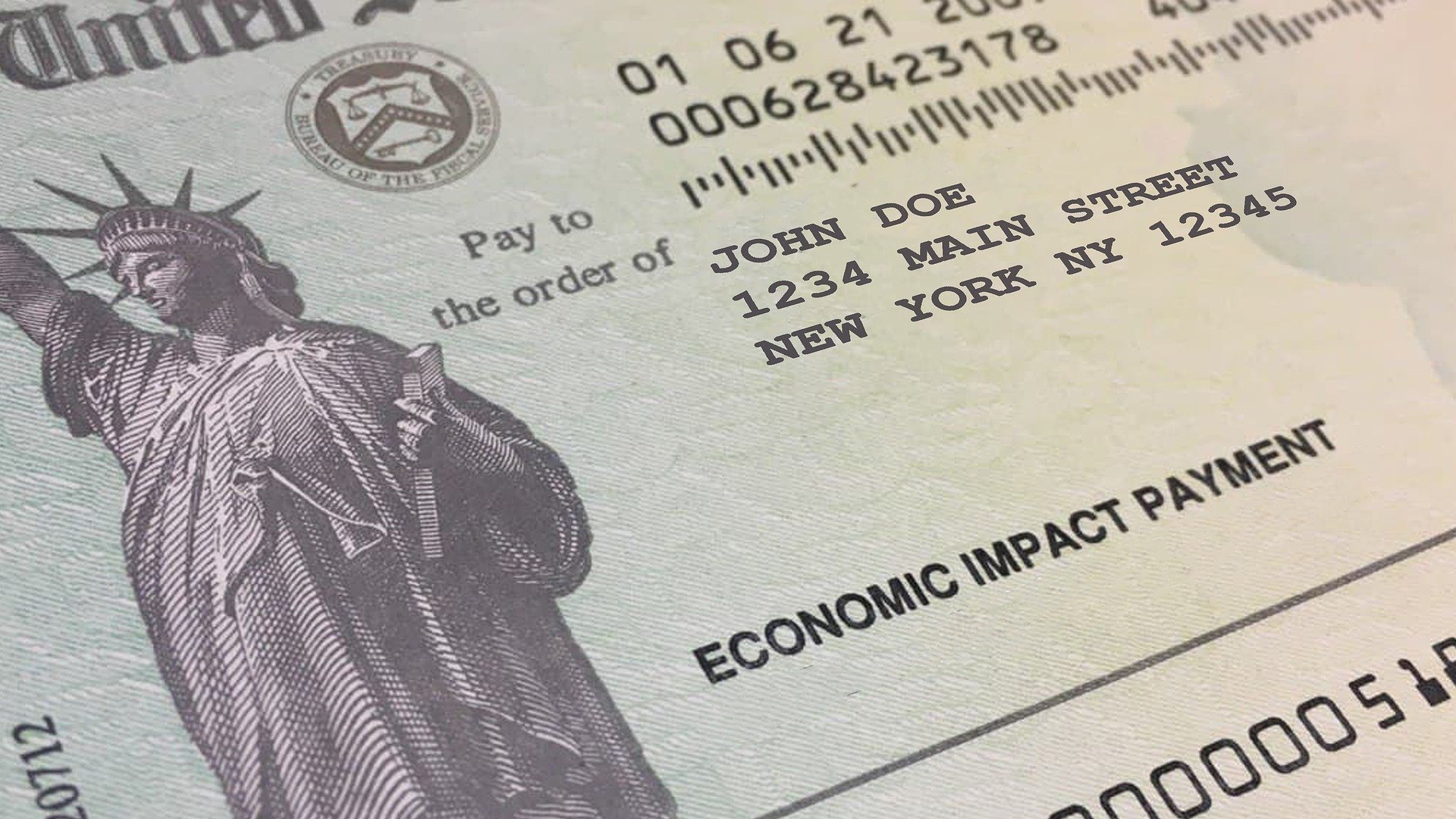The last week of December will bring much-needed stimulus cheques to eligible people. Up to $1000 in subsidies are intended to ease economic hardship.

Government Stimulus Initiatives and State-Specific Relief Measures
To boost economic activity, employment, and relief during tough economic times, the government injects financial support into the economy. Personal payments, prolonged unemployment benefits, infrastructure project funding, tax credits, and corporate loans are common stimuli. In times of economic crisis or pandemics like COVID-19, these measures are implemented.
Stimulus programs aim to boost consumer spending, support businesses, and stabilize the economy by easing financial strains and boosting growth.
State stimulus plans vary in eligibility and reimbursement amounts. Alabama will refund $150 to 1.9 million qualified citizens who filed a 2021 Individual Income Tax return through October 17, 2022. Storm Idalia victims in Georgia are receiving a state excise tax reimbursement for 2021 and 2022 tax returns.
READ ALSO: Stimulus check for $1,400: How can you claim payment before it’s due?
Year-End Financial Boost
Montana proposes to refund Personal Income Taxes up to $1250 for individuals and $2500 for married couples on December 31, 2023. Working Families Tax Credits of $300 to $1200 are available to Washington residents until December 31.
For the 2021 Personal Income Tax return, New Mexico residents have until May 31, 2024, to claim $500 or $1000 (for joint filers).
To avoid missing out on financial aid, qualified persons must check internet platforms for updates. It’s important to know about state-specific assistance programs because funding and eligibility requirements vary.
READ ALSO: December Stimulus Checks: What payments will be made during the last week of December?




